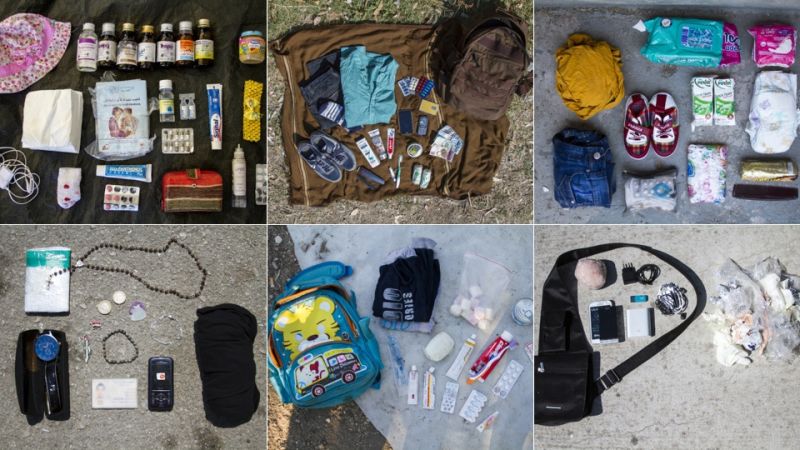Letter Re: Doxycycline and Penicillin
Hugh, I am interested in obtaining a supply of doxycycline, an antibiotic used to treat Lyme disease. If bugging out on foot ever became a necessity the exposure to ticks and Lyme disease in my part of the country is quite high. Can you make recommendations for purchasing this medication? I found little to guide me in your archives. I have seen it suggested to get veterinary medications; however when I looked at one major website doxycycline and penicillin where listed as the same drug. I believe that’s not accurate. Who am I to trust? – KM HJL’s Comment: You’re …

